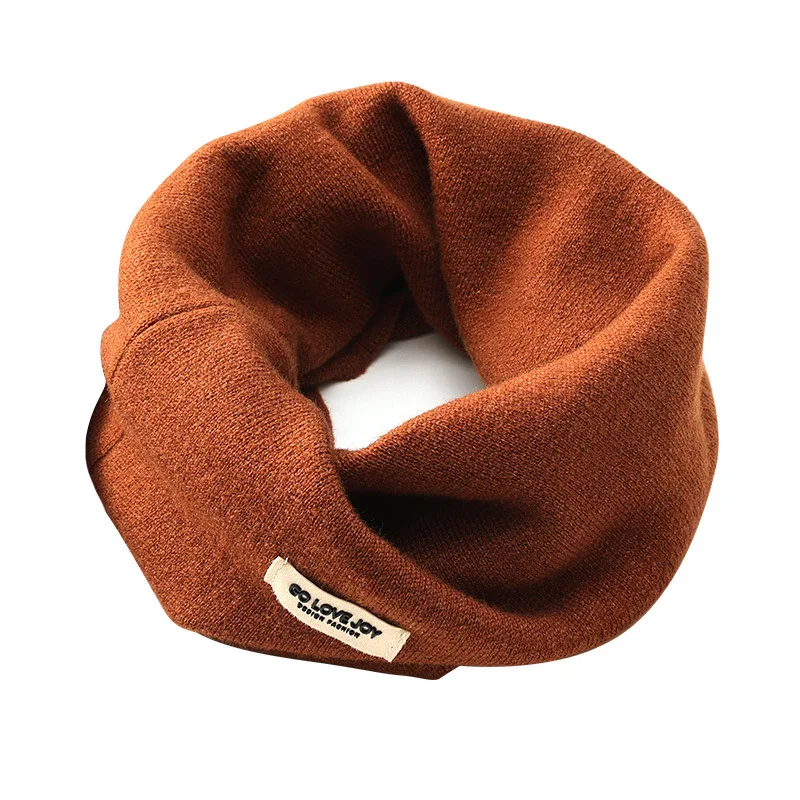A brief overview
In what seems like a massive step toward sustainable fashion, the French Senate approved a bill that addresses the environmental damage associated with ultra-fast fashion brands, which has major implications for influencers.
A New Era of Accountability for Fast Fashion
Lawmakers in France voted on Tuesday to prohibit advertisements for ultra-fast fashion companies like Shein and Temu; the bill also implemented an ecology impact scoring system to review what fast fashion brands sell in regards to their carbon output, resource usage, and recyclability.
Starting in 2025, the lowest-scoring brands could be put on the hook for up to €5 per item sold, which could increase to €10 by 2030, but could not exceed 50% of the retail price.
The law also allows warning labels as in tobacco and alcohol advertising to be added to fast fashion advertisements. Influencers who promote ultra-fast fashion brands on social media could also see significant consequences.
The legislation distinguishes between “ultra-fast fashion” (which has high production volume, low cost, and shorter turnarounds) and “fast fashion.” This regulation means that European retailers like Zara and H&M will be less impacted by the bill, a decision that has other environmental advocates outraged.
Why it Matters
According to France’s environmental agency, an alarming 35 clothing items are thrown away in France every second. The fast fashion market in France grew from €2.3 billion in 2010 to €3.2 billion in 2023.
Jean-François Longeot, chair of the Senate’s regional planning and sustainable development committee, said, “The amendments made allow us to target companies that don’t acknowledge environmental and social realities and in particular Shein and Temu, while keeping the entire European ready-to-wear industry unscathed.”










